LGBTQ women voters can swing the election – if candidates reach out to them
Washington, D.C. (August 11, 2020) New research from Project LPAC shows that there is a key opportunity for Democrats -- and, notably, Vice President Joe Biden -- to pick up a significant chunk of LGBTQ women voters in November.
Registered LGBTQ women voters support Biden over President Trump by a huge, 60-point margin: 75-14.
The research shows, too, that LGBTQ women overall care more about racism than any other issue, so including outreach to this community around that already prevalent issue is a low-touch way to reach them.
Go deeper:
The survey found 3 distinct electoral segments of the LGBTQ+ women’s and gender non-conforming community.
Registered/Committed to Biden (55%)
This group is motivated and ready to vote Donald Trump out of office. They care about solving the issues surrounding racism, protecting the ACA and the taking care of the environment. They are more likely than LGBTQ women overall to be over age 50 and college educated.
Registered/Non-Committed (14%)
This group is unhappy with their choices for November. They care most about racism and LGBTQ equality – and 90% of them don’t see any difference between Trump and Biden on LGBTQ issues. This group is much more likely than all LGBTQ women to be younger than 50 and non-college educated. They are also slightly more likely to be young Black women and AAPI women.
Non-registered (19%)
These non-registered LGBTQ+ women are prime targets for campaigns & organizations working to motivate people who care enough about progressive values to get registered to vote. This group of LGBTQ+ women may be the hardest to reach, but the survey found that this segment of the population believes that government should play an outsized role in dealing with unemployment, racism and healthcare. A candidate willing to make the investment in COVID-era voter registration efforts and then the case that they are the leader best suited to handle these issues stands to gain a significant number of supporters. This group is disproportionately more likely to be non-college educated and younger than 50.
See this data here, and stay tuned for the next data rollout, exploring voter distinctions between LGBTQ and straight women around the upcoming election.

